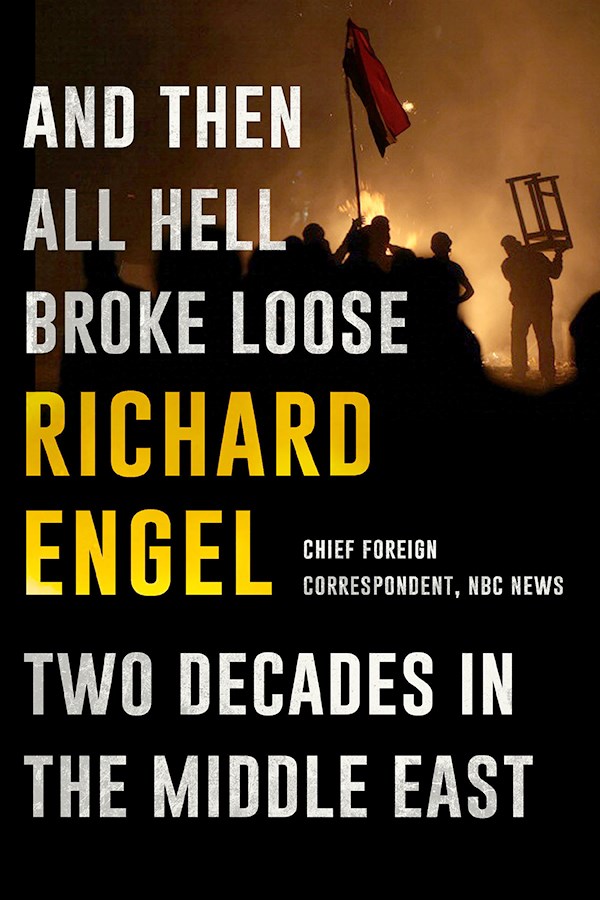Here are three recent books that offer some insight into events in the Middle East during and after the Arab spring.
Robert F. Worth’s new book A Rage for Order: The Middle East in Turmoil from Tahrir Square to ISIS is an overview of the period based on mini biographies of leading characters in the various movements and countries. They range from Tunisia’s Rached Ghannouchi and Beji Caid Esebsi, who were at least partly successful in developing a democratic revolution, to a Kuwaiti volunteer for ISIS who later defected in disgust.
What Worth sees is that as the old order collapses into anarchy, communities that have lived together amicably enough respond to the chaos by resurrecting ancient ethnic and almost tribal rivalries, or undergoing a process of radicalization. The result is violence, more chaos and more anarchy, and some see in the violence the opportunity for gaining power.
Like Yugoslavia and Iraq, the collapse of the old order, arbitrary as it was, produced its own set of challenges.
William McCants’ The ISIS Apocalypse from 2015 is an account of a more limited phenomenon — the rise of the Islamic State. Born in 2004 as an offshoot of al-Qaida, ISIS gained prominence because it was more violent and ruthless than any other Jihadist group, and because its main ideological focus — the recreation of the Caliphate — had a popularity that endured. ISIS’s founder, Abu Musab al-Zarqawi, was an al-Qaida recruit who challenged his superiors by calling for the formation of an Islamic state, a project that senior leaders like Osama Bin Laden felt was simply too ambitious at the time. The remains of the Baathist hierarchy and army in Iraq, deprived of employment but not disarmed, was a source of support for Zarqawi. The al-Qaida leadership feared that Zarqawi’s brutal methods, including beheadings, would alienate more moderate Moslems, which it did. But they greatly appealed to zealous young Jihadists, who flocked to the Black Flag. One of the strengths of McCants’ book is his immersion in web traffic among Jihadi websites and blogs, and his delineation of Jihadi public opinion.
Zarqawi referred explicitly to a media battle, which ISIS generally was winning. ISIS holdings since its peak have been greatly reduced and the result has been a switch to international terrorist acts on the organization’s part, but this is past the scope of McCant’s book.
Richard Engel’s And then all Hell broke Loose: Two Decades in the Middle East released last February is the story of his career as a journalist from 1996. From the beginning of the Iraq War to the events of the Arab Spring, Engel fulfilled the classic role of the war correspondent, surviving bombing, kidnapping and armed attacks. Engel’s account is more anecdotal than analytical, giving us a ground’s eye view of the horror and brutality of the period. In some ways, it can be read as an adventure story, and as such is a page-turner of a book.
You can always find great books on current world events at your local library.
--A Good Read is a column by Tri-City librarians that is published on Wednesdays. Martin Boughner works at Port Moody Public Library.



